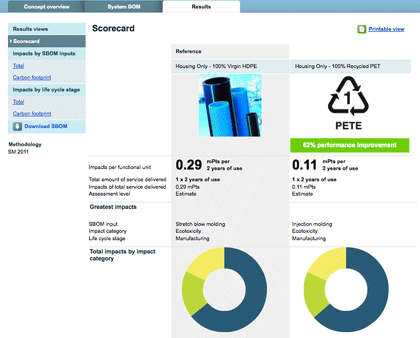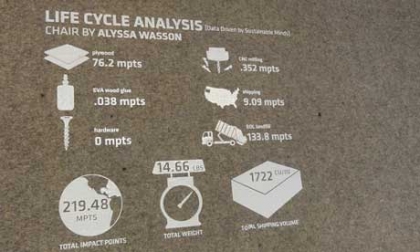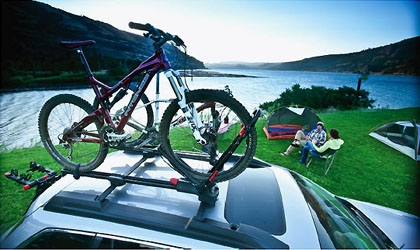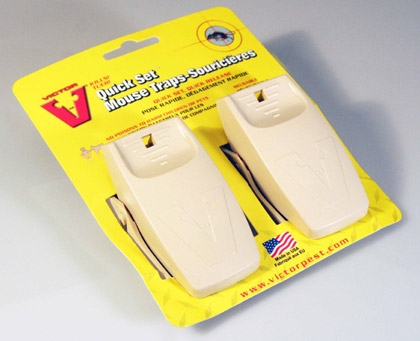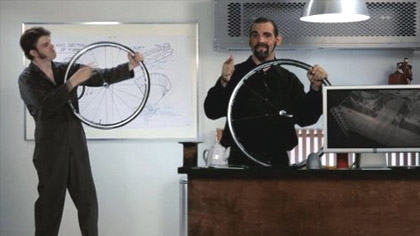Perspectives on greener product development and manufacturing from Sustainable Minds, our partners, customers and contributors.
Materials & processes
Al Dean, DEVELOP3D, says about SM 2.0: "It doesn't get much better than this."
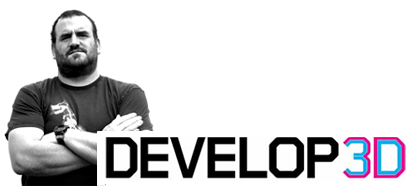
Certifications & labeling, Designers, Electronics, Green Economy, In the press, Innovation, Life cycle assessment, Manufacturing, Marketing, Materials & processes, Packaging, Product service systems, Products, Software & systems, Standards & regulations, Strategies, Supply chain, Sustainability paradox, Sustainable Europe, Sustainable interaction design, Teamwork
Available now – SM Release 2.0 is all about data!

Certifications & labeling, Designers, Electronics, Green Economy, In the press, Innovation, Life cycle assessment, Manufacturing, Marketing, Materials & processes, Packaging, Product service systems, Products, Software & systems, Standards & regulations, Strategies, Supply chain, Sustainability paradox, Sustainable Europe, Sustainable interaction design, Teamwork
Sustainable Minds and Eco Innovators Partner to Advance Greener Product Design for Australian Manufacturers

Certifications & labeling, Designers, Electronics, Green Economy, In the press, Innovation, Life cycle assessment, Manufacturing, Marketing, Materials & processes, Packaging, Product service systems, Products, Software & systems, Standards & regulations, Strategies, Supply chain, Sustainability paradox, Sustainable Europe, Sustainable interaction design, Teamwork
Webcast #4: MCAD Smackdown! Going head to head: direct vs. parametric modeling (Replay)

Certifications & labeling, Designers, Electronics, Green Economy, In the press, Innovation, Life cycle assessment, Manufacturing, Marketing, Materials & processes, Packaging, Product service systems, Products, Software & systems, Standards & regulations, Strategies, Supply chain, Sustainability paradox, Sustainable Europe, Sustainable interaction design, Teamwork






 Feed: blog
Feed: blog
